For Sexual Assault Awareness Month, students rallied and marched with signs on campus to bring attention to the issue.
“Take Back the Night Rally” started at the Katrina Memorial Fountain on April 2, and the route ended outside Starbucks.
Iyania McClendon, a sexual assault survivor, decided to participate in the event after seeing it advertised. She believes it could have had a bigger turnout to make a bigger impact.
“Being that people did come out, it’s pretty great that they came and walked with us,” expressed McClendon. “Maybe if people would actually take it a little bit more seriously because I feel like people don’t take sexual assault very seriously, it would be way more impactful than it was today. I know people were standing around like, ‘What are they doing?’ But if they understood why we did this, they would join in. They would chant with us. They would walk with us.”
Antionette Alack, assistant director of the Office of Student Advocacy and Accountability, discussed the decision to participate in the national campaign.
Alack said, “We want students to feel like they can be part of campus, be a student activist, be an active bystander to stop any incident, report any incident of sexual violence, or if they hear about it from another student, where to go to report. Does our campus promote sexual assault awareness events? They need to be aware that our campus cares.”
According to Alack, the rally served to engage students and act as an educational piece of the Campus Assault Response and Awareness Team.
“It basically is to get the students engaged with walking and to encourage the mobility piece, the visibility of it, walking on campus, marching for what we believe in like any protest,” shared Alack. “We’re protesting our health awareness, that we’re a campus that doesn’t want this on our campus, so basically we’re standing against it and fighting against it.”
Sabrina Ward, a student worker in the OSAA, discussed the purpose of “Take Back the Night Rally.”
“We’re just trying to educate and make people aware of things that are actually happening around them,” stated Ward. “You may not hear about sexual assault happening. You may hear about it on other campuses, but it does happen, and we want to make people aware of that before, during and after if such events do happen.”
Students who experience sexual assault can find various options with the OSAA. They can decide to pursue the case criminally, through a conduct process or neither. If choosing not to pursue a case, they can seek accommodations.
Alack explained, “We accommodate students also even if they don’t want to pursue it criminally or through a conduct process, a university grievance process, then we can also provide them accommodations so they don’t have to feel uncomfortable on campus. Say if they share a class with the alleged perpetrator, then we can do classroom reassignment or housing room assignment or no contact orders, different preventative precautionary measures we can take so that they feel comfortable.”
McClendon would like to see events similar to the rally occur more frequently. She discussed what students can do to deal with sexual assault on a college campus.
“If people know these things are happening, they should report it,” said McClendon. “They shouldn’t be silent because the bystander effect happens anywhere in any situation but most likely in sexual assault cases.”
Students can find resources like the university sexual misconduct policy, Title IX and the CARE Team on the university website.


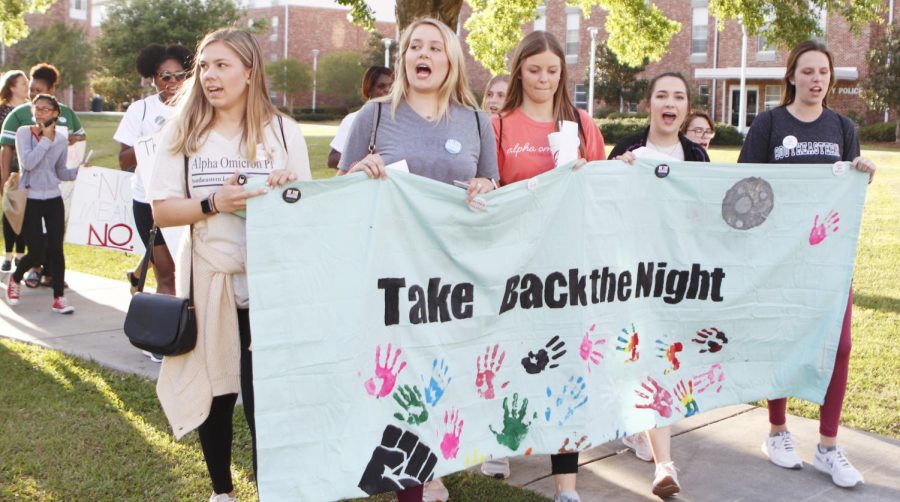
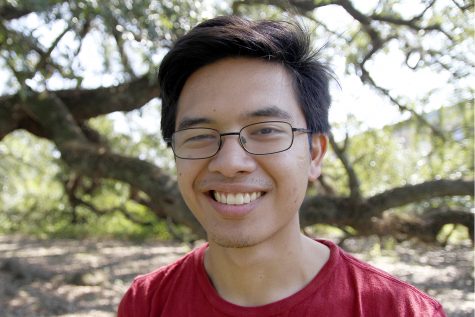
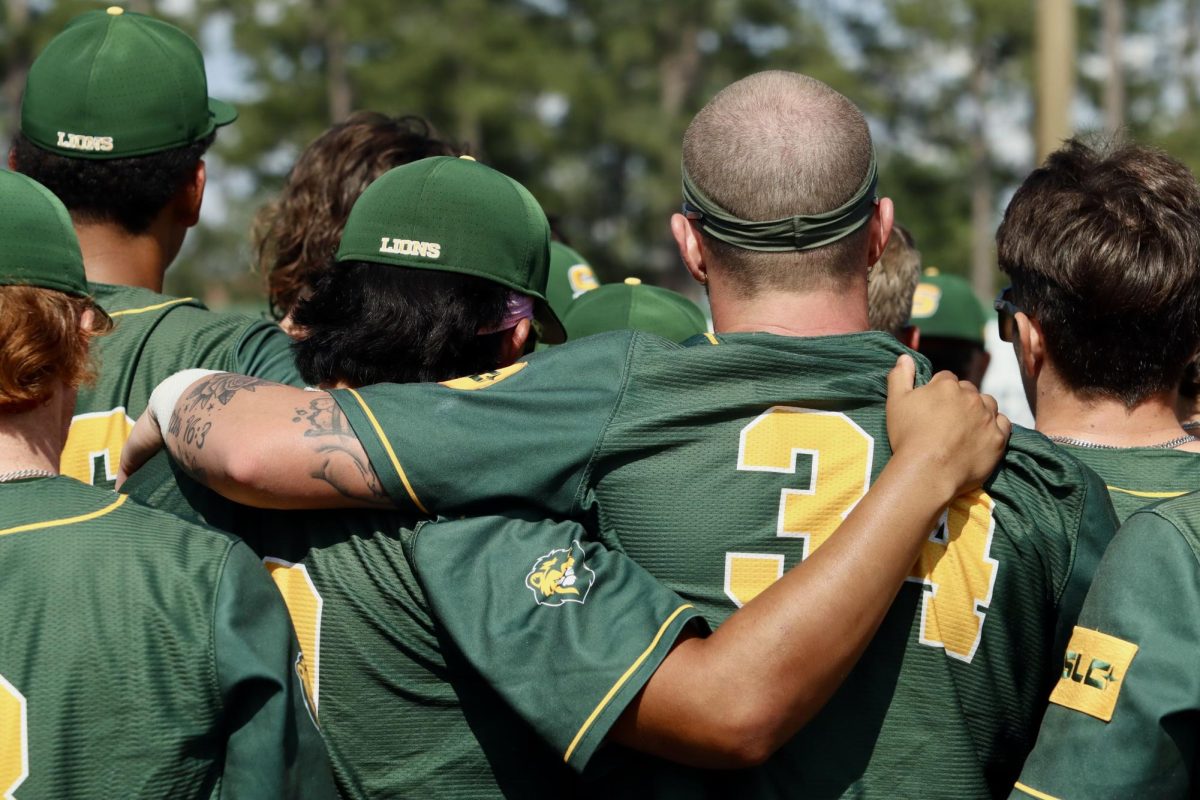
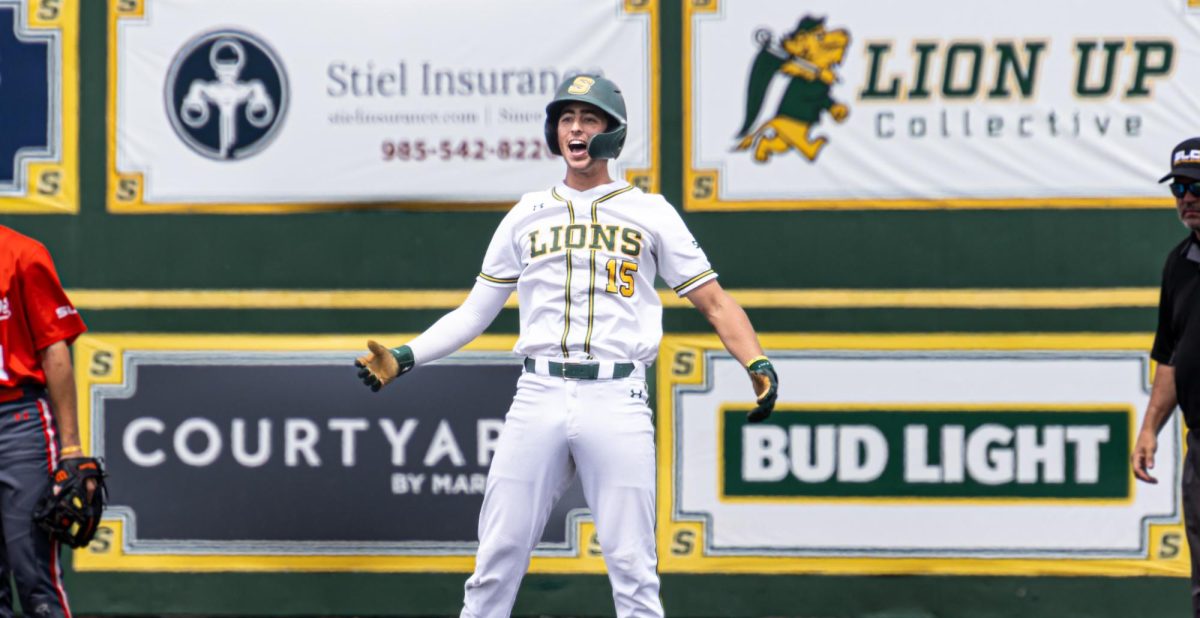
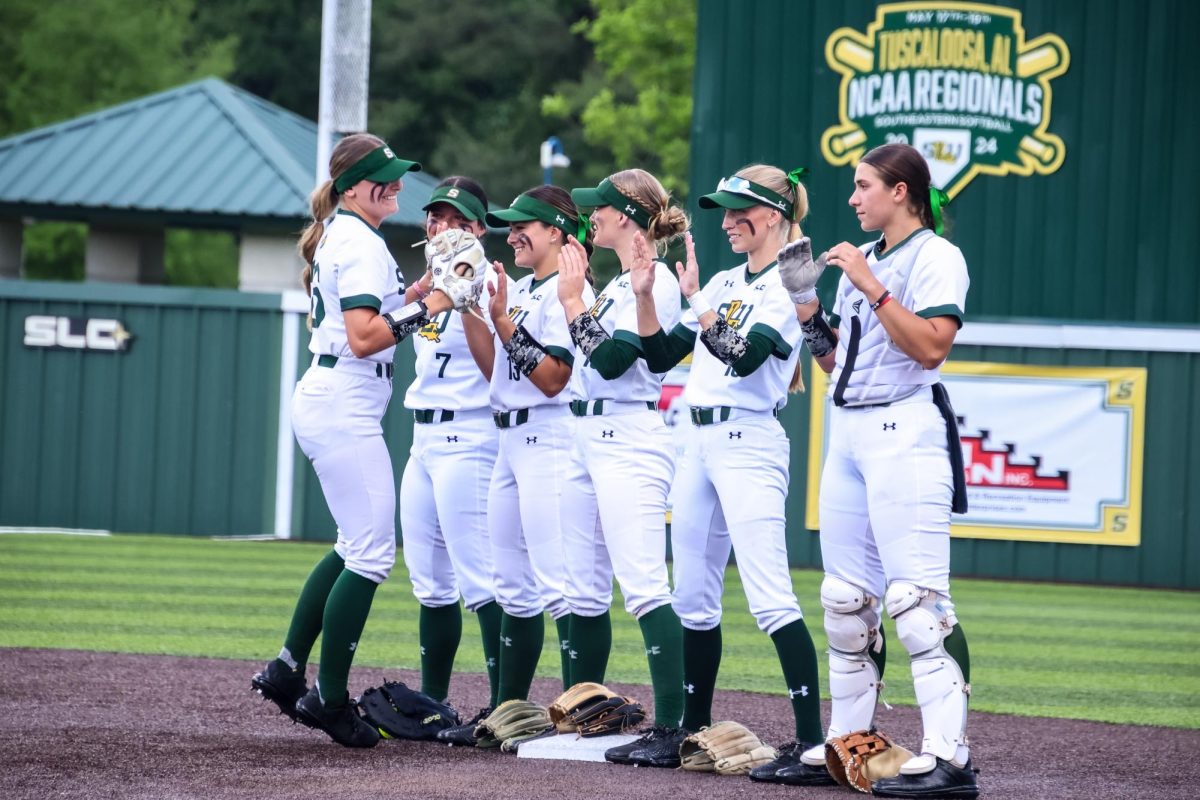
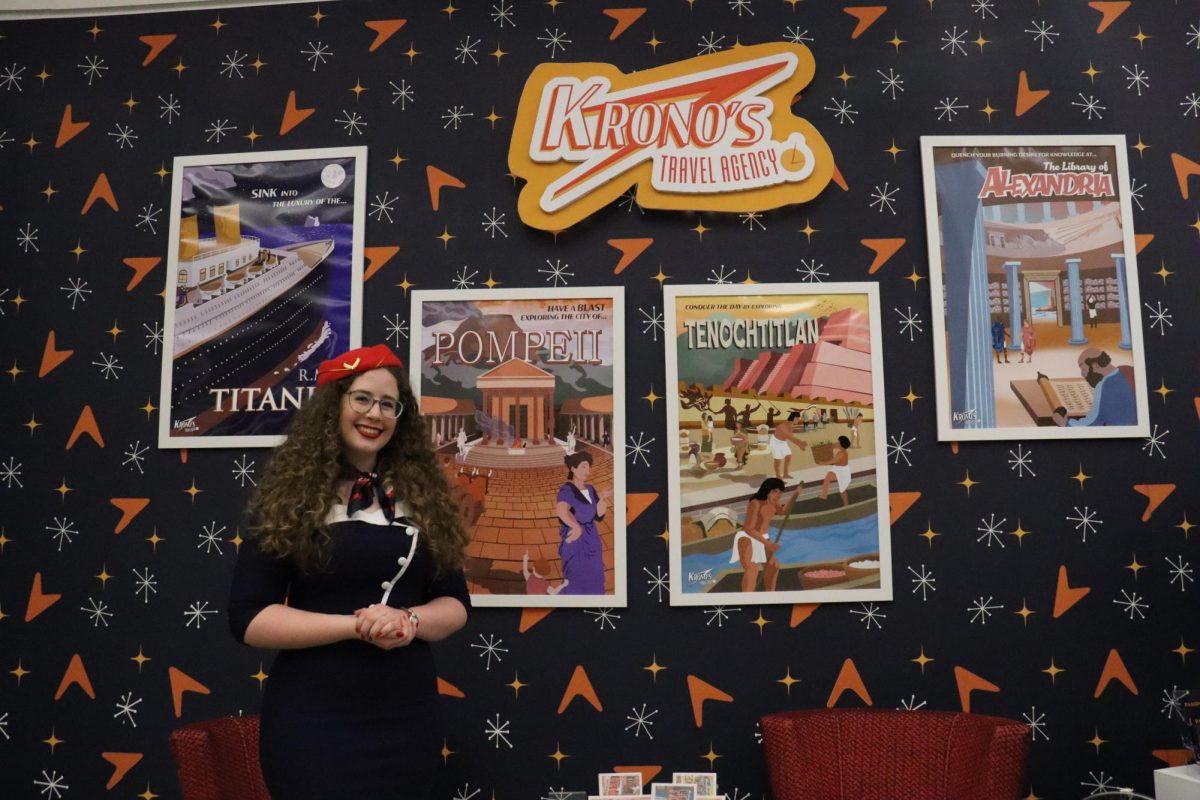
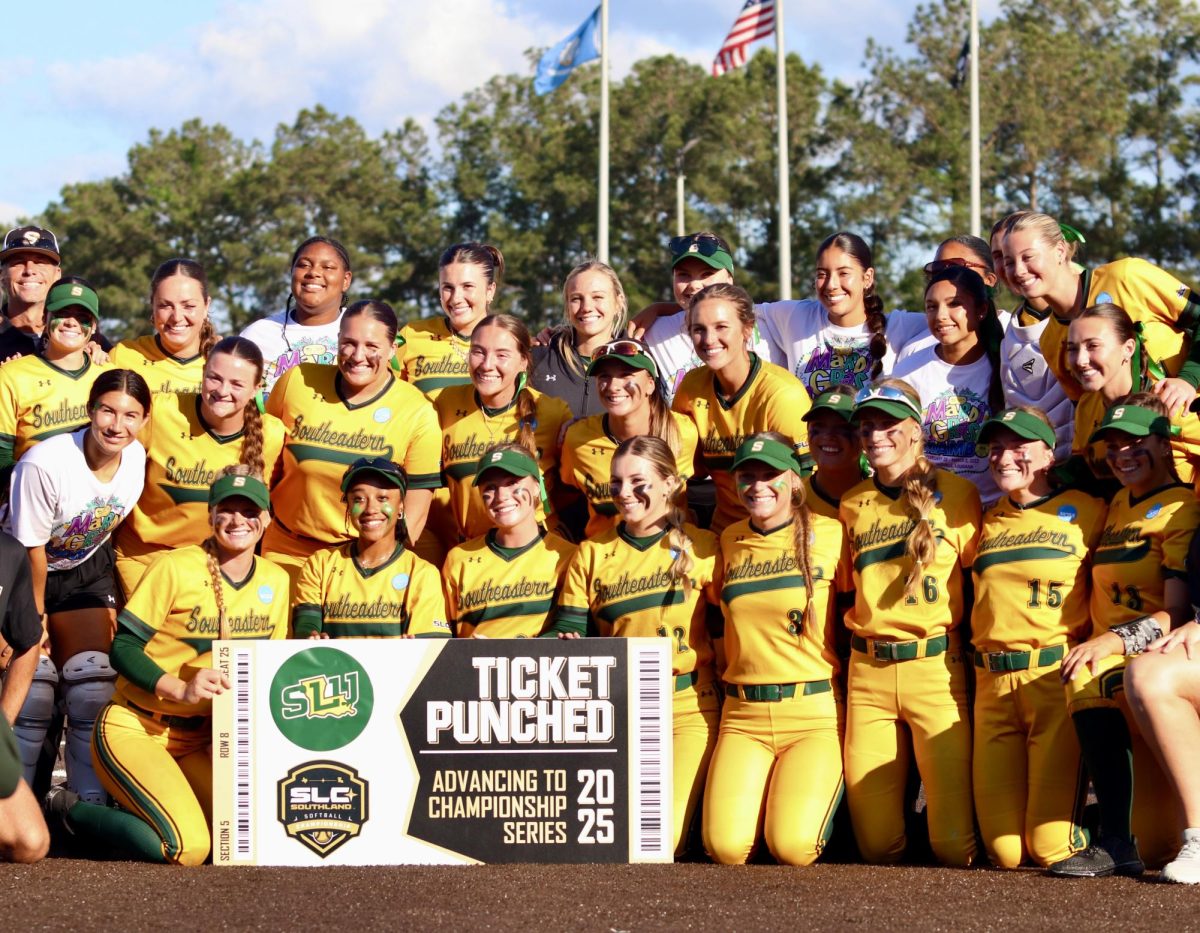
Antoinette Alack • Apr 4, 2019 at 11:06 am
Great Job on the article Zachary 🙂
Thank you for taking the time out to do a write-up on this very important topic!!!
Ms. A